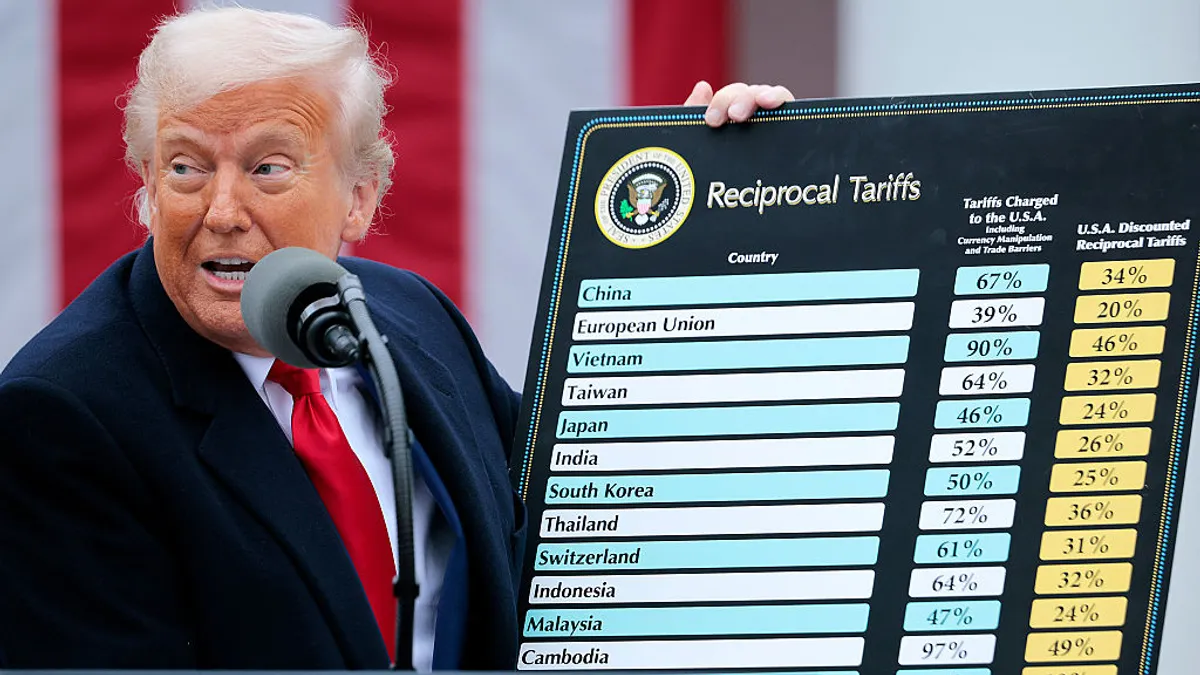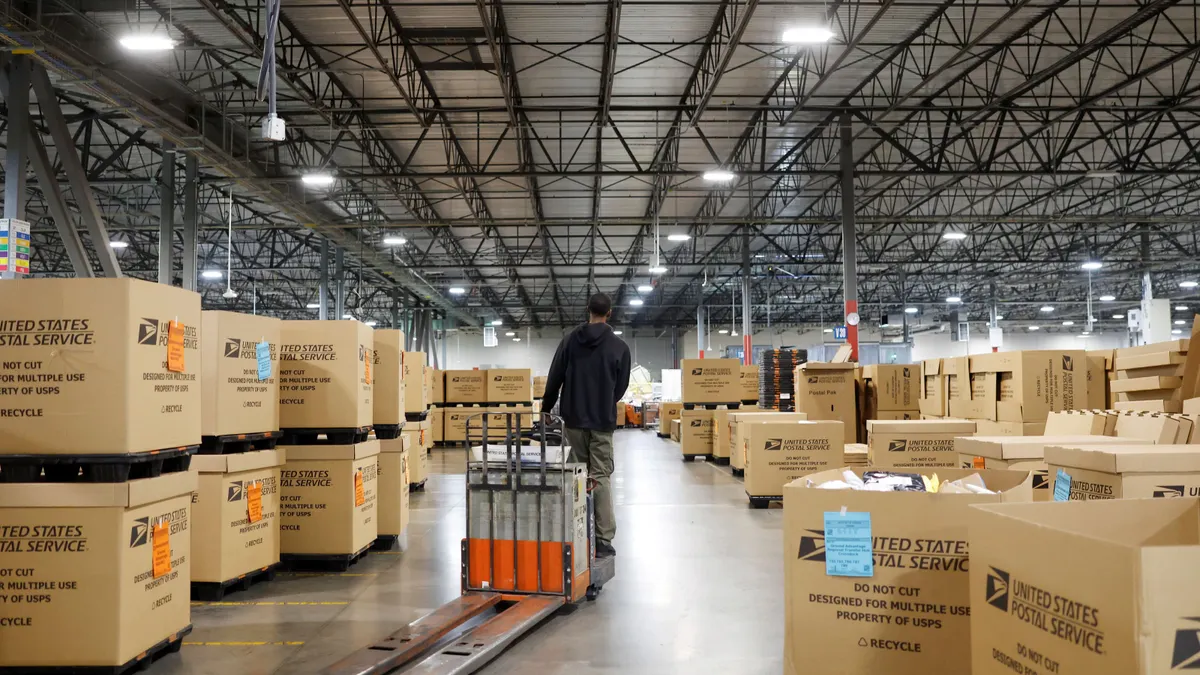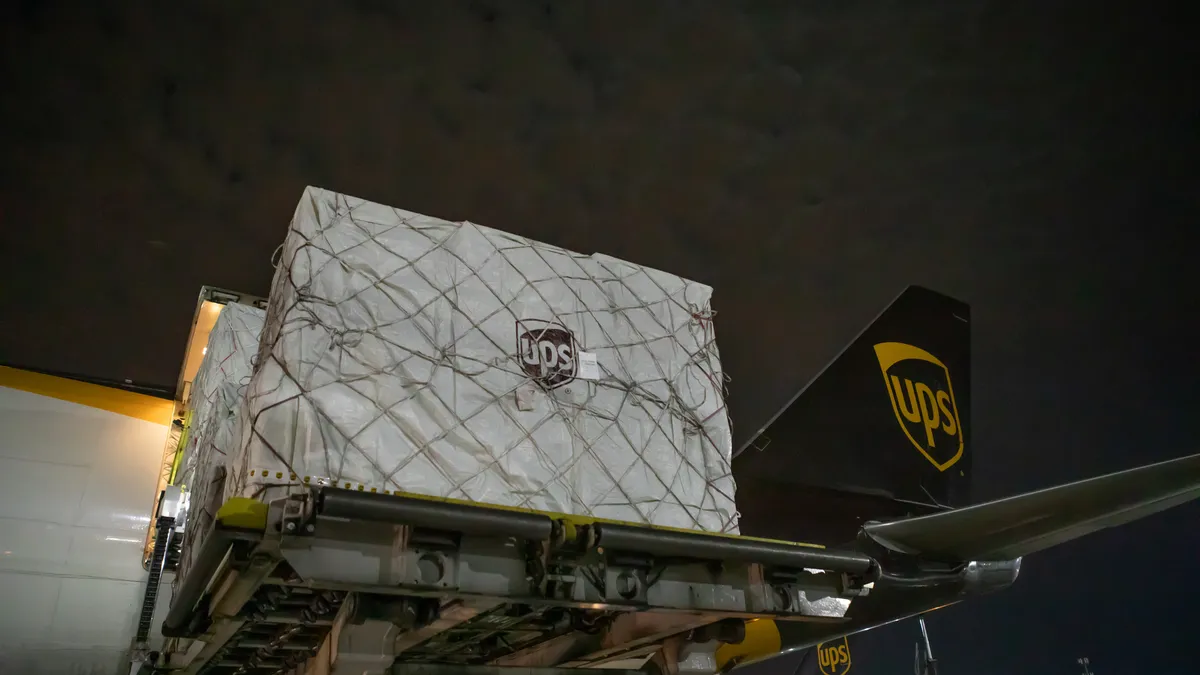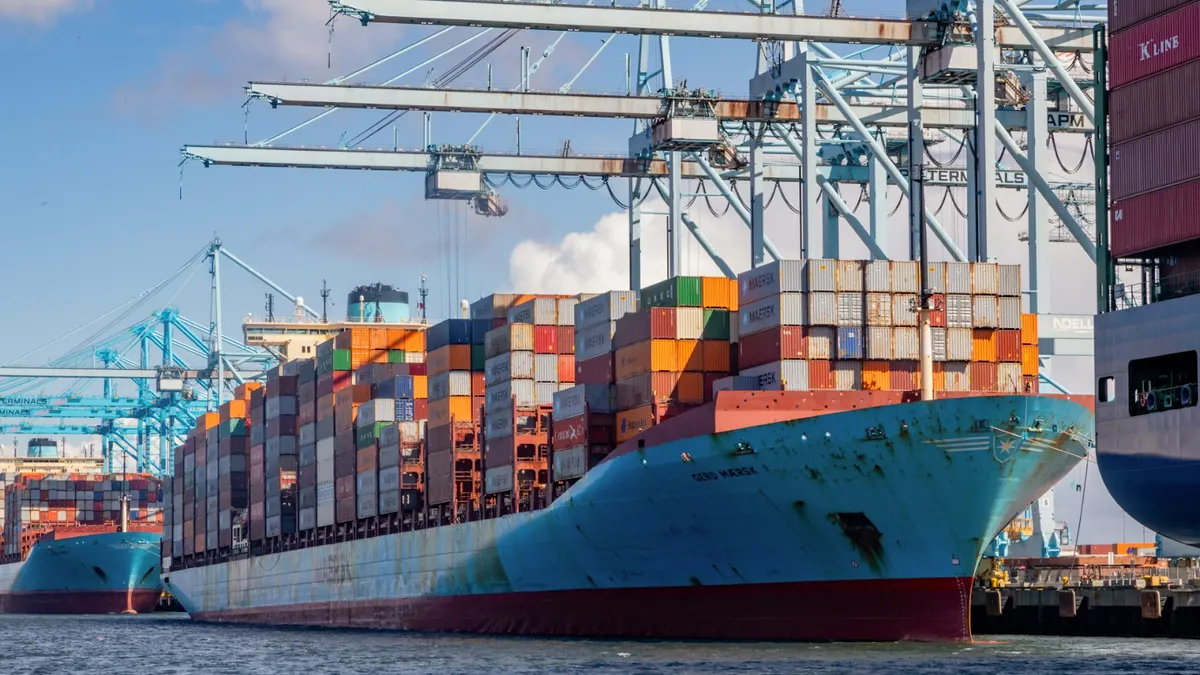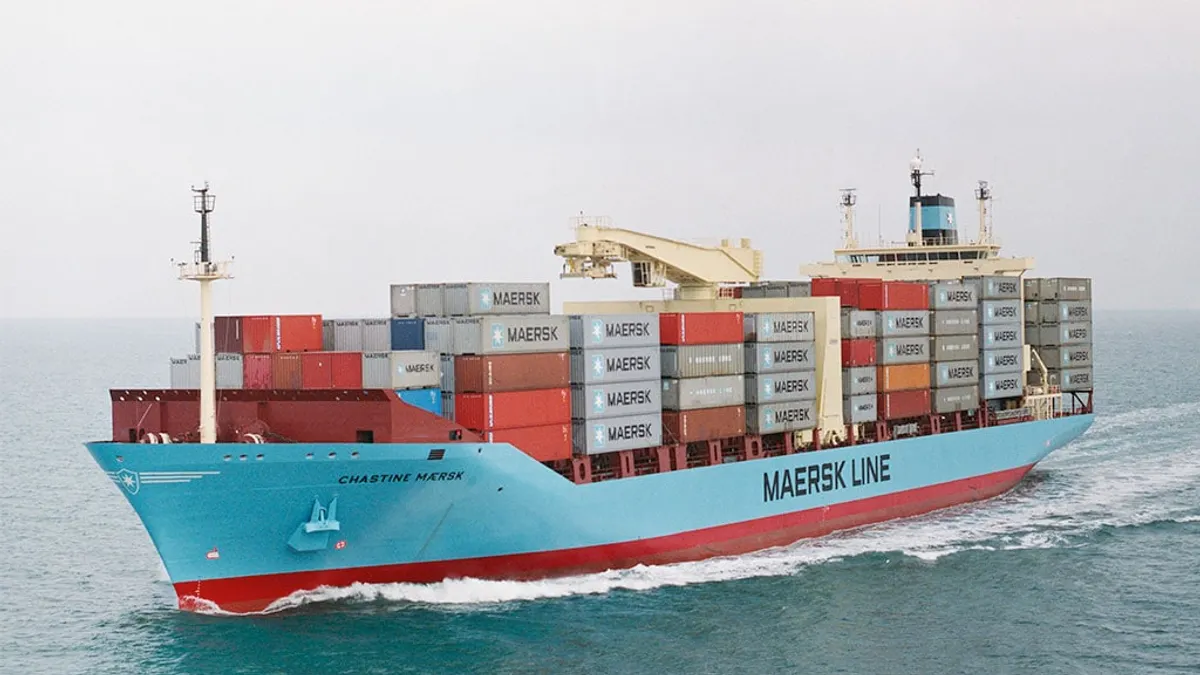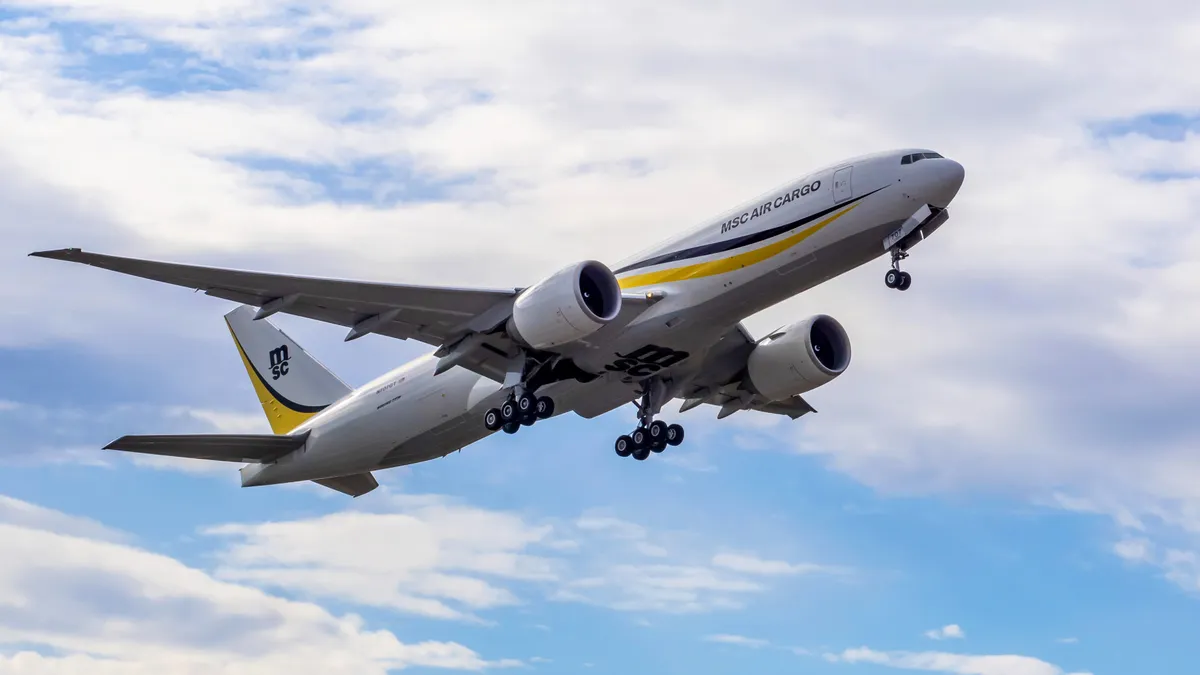A federal appeals court on Aug. 29 ruled that President Donald Trump's use of emergency powers to impose broad tariffs was illegal, but delayed any action until mid-October in anticipation of a Supreme Court review.
In a 7-4 decision, the Court of Appeals for the Federal Circuit sided with the Court of International Trade, which found in May that Trump lacked the authority under the International Emergency Economic Powers Act to order tariffs of unlimited duration on nearly all goods from almost every country in the world.
"It seems unlikely that Congress intended, in enacting IEEPA, to depart from its past practice and grant the President unlimited authority to impose tariffs," the appellate ruling said. "The statute neither mentions tariffs (or any of its synonyms) nor has procedural safeguards that contain clear limits on the President's power to impose tariffs."
However, the court delayed issuing a mandate striking down Trump's levies until Oct. 14 to allow the administration time to seek a review of the decision from the Supreme Court. Also, the justices decided that, based on recent Supreme Court decisions, the CIT should revisit certain aspects of its ruling, such as whether an injunction would affect all organizations paying tariffs or only the plaintiffs in the case, V.O.S. Selections, Inc. v. Trump.
On Sunday, Trump responded to the ruling on Truth Social.
“Without Tariffs, and all of the TRILLIONS OF DOLLARS we have already taken in, our Country would be completely destroyed, and our military power would be instantly obliterated," Trump said. "In a 7 to 4 Opinion, a Radical Left group of judges didn’t care.”
At stake are trillions of dollars in global trade affected by many of the tariffs Trump has imposed since the start of the year. A loss in the Supreme Court could derail the president's trade policy and force the administration to contend with making refunds.
However, it isn't possible to predict how the Supreme Court will rule if the administration seeks a review of the appellate ruling, Michael Lowell, a partner and chair of international law firm Reed Smith's Global Regulatory Enforcement Group, said. A court majority could side with the four appellate judges whose dissent appeared directed at the high court's six conservative justices.
The dissent argues that the tariffs are constitutional because Congress has chosen not to challenge the president's argument that the levies counter a national security threat, Lowell said.
"Congress can make its own findings on the national security concerns that the president has made, and effectively invalidate the president's determination, which would have the effect of taking away the tariffs," Lowell said.
Indeed, the dissent argues that the president has "broad emergency authority in this foreign affairs realm."
"We conclude that IEEPA’s authorization of presidential action in this realm is not an unconstitutional delegation of legislative authority under the Supreme Court’s decisions, which have upheld broad grants of authority, including tariffing authority, in this foreign-affairs-related area," the judges said.
On the other hand, the majority opinion focuses on the fact that IEPPA does not explicitly authorize the president to impose tariffs at such an unprecedented scale without the approval of Congress, which, constitutionally, is the only branch of government that can set long-term tariffs.
"We would probably have a unanimous view if the president had done narrow tariffs on one country, of one amount," Lowell said. "It's really the scale of what the president is doing here that I think is causing the majority a lot of concern. [He] is effectively remaking the entire international trade system."
The appellate court decision covers many of the tariffs the Trump administration has installed in the past few months. It covers what the court calls "Trafficking Tariffs" imposed on Mexico, China and Canada early in the year, as well as "Reciprocal Tariffs" which set additional duties on nearly every country in the world.
"We are not addressing whether the President’s actions should have been taken as a matter of policy. Nor are we deciding whether IEEPA authorizes any tariffs at all," the decision reads. "Rather, the only issue we resolve on appeal is whether the Trafficking Tariffs and Reciprocal Tariffs imposed by the Challenged Executive Orders are authorized by IEEPA. We conclude they are not."
Reed Smith is telling clients that even though it's not known how the Supreme Court would rule if it takes the case, they should still prepare for the Trump administration losing in the high court, Lowell said. That means clients should have clear records of imports and tariffs paid.
Many of Reed Smith's clients rely on brokers to file the paperwork, so many companies may not have readily available records, he said.
"If the president loses in the Supreme Court and you've got your documentation ready to go, you can do very simple post shipment corrections to recover tariffs paid or tariffs that are coming due on these entries," Lowell said. "If you're not ready to go, you're going to have to go through protests, and it's a more difficult row to hoe and more likely to be stuck in customs backlogs."



